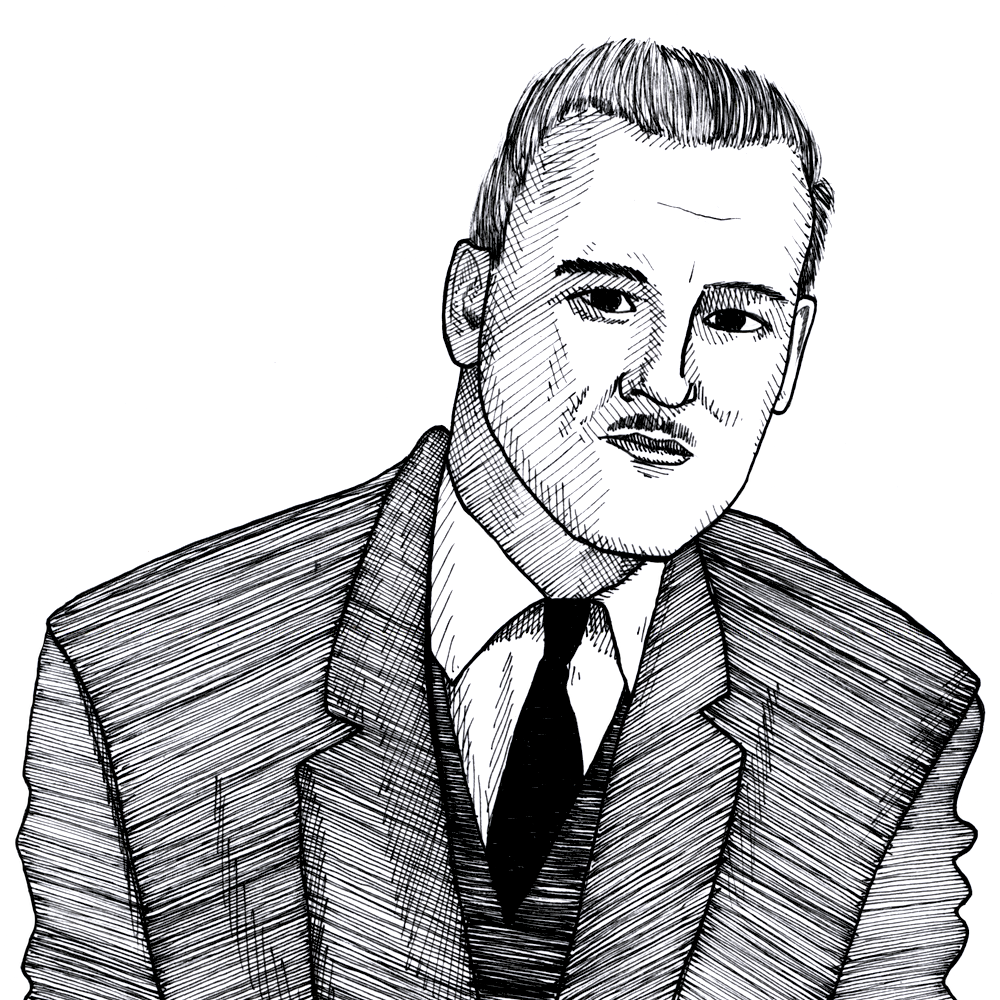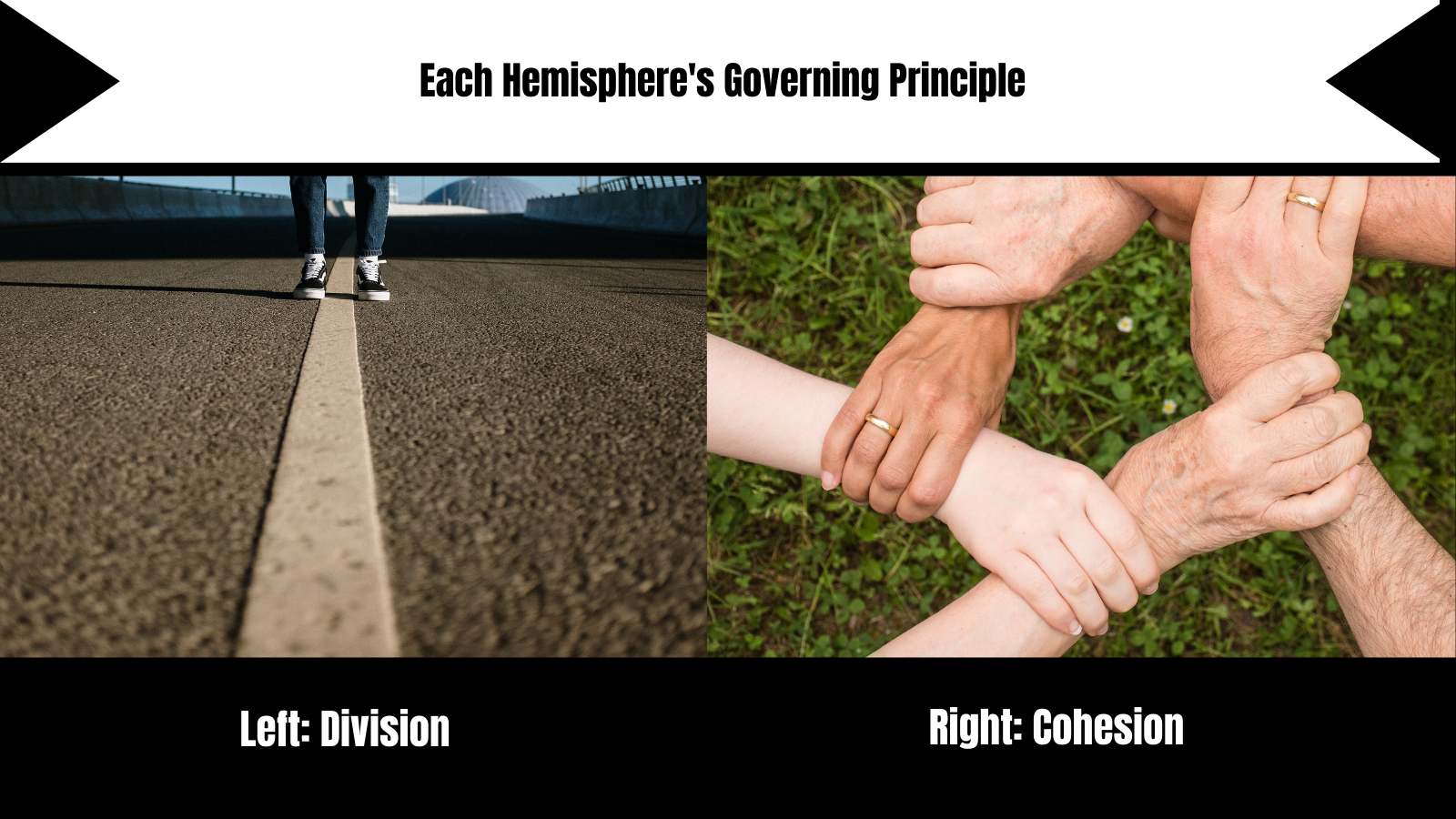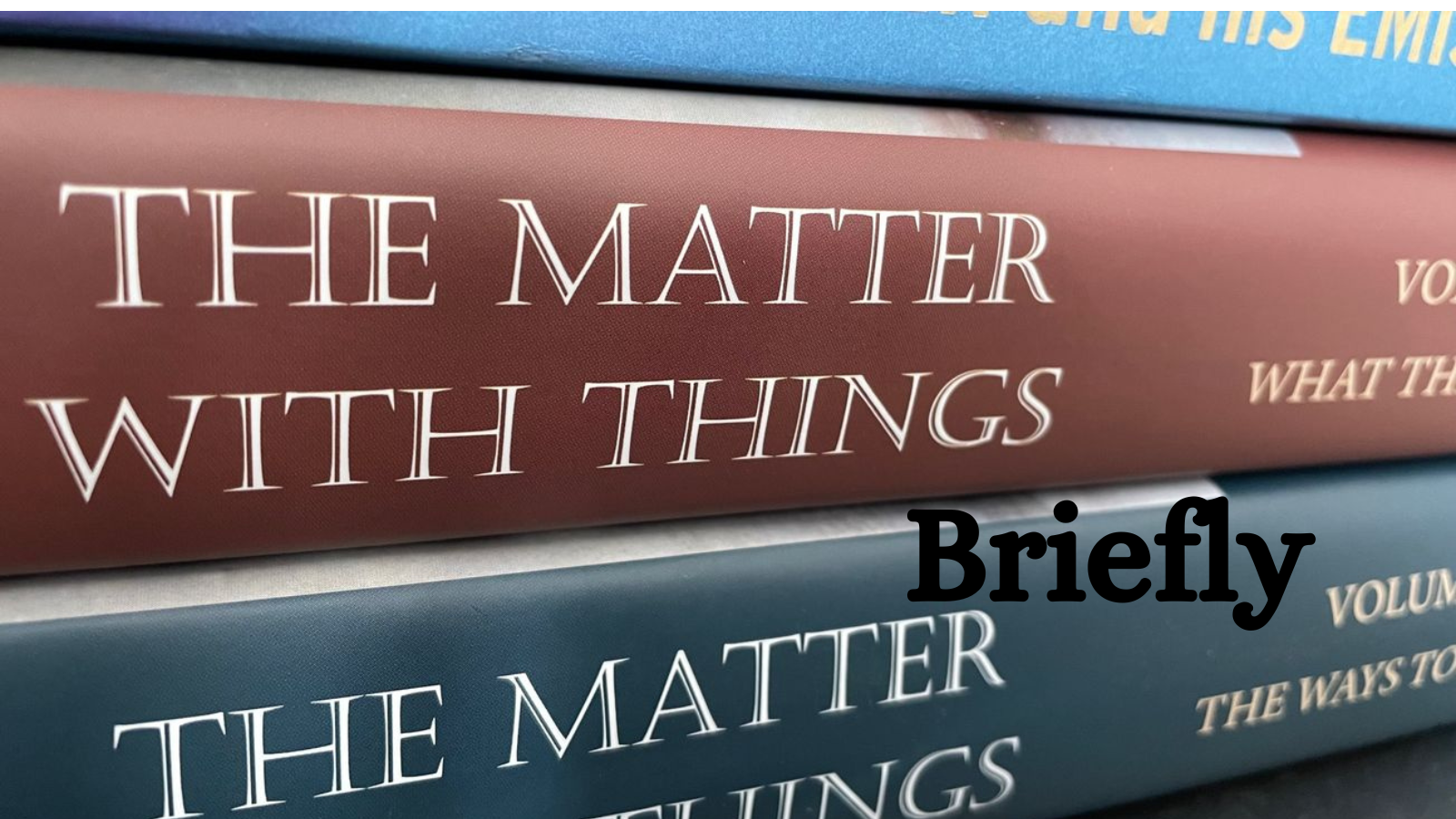Prices Reflect Our Participation in Reality in General
A few notes on prices and reality

James M. Buchanan, in a letter to Literature of Liberty in 1982, said economists should stop analogizing the spontaneous order that emerges from market forces to an "omniscient designing mind."
Such an analogy, said Buchanan, is really an anti-analogy. It doesn't explain what happens by comparing it to something similar. It obscures what happens by comparing it to something opposite.
Market forces are the opposite of what emanates from an omniscient mind. An omniscient mind takes into account all facts, now and in the future, and lay out the result.
The market doesn't work like that. In the process of working, the market changes all the facts, now and in the future.
The market by its nature changes the current and future inputs that would allow the omniscient mind to articulate the outputs. And even if an omniscient mind could know all the inputs now and in the future, by articulating the output, it would alter the future inputs and would have to start all over again.
Your participation in the market alters the market. When you signal that you're willing to pay $15 per month for that streaming service, you're telling the streaming service that you might be willing to pay $20. When you decline to spend $15, you're signalling that the streaming service is worth less than $15.
Your participation in the market then alters you. If you pay $15, the streaming service is going to be tempted to increase the price to $20. If it increases the price to $20, you'll value it more. You might decline to pay $20, but you're still receiving an input that says the service is worth more than $15.
Our Relationship with Prices is Just Like Our Relationship with Reality
Our participation in the world is like that in general. We perceive something outside ourselves, we act on what we see, and thereby affect ourselves and how we see, with the result that how we perceive something next changes, and on and on.
That entire concept (metaphorically and literally) drove the bus in Tom Wolfe's The Electric Kool-Aid Acid Test. Ken Kesey and the Pranksters careened cross-country in pursuit of "The Movie."
Ken Kesey and the Pranksters were in "The Movie," which was a massive production, costing Kesey everything he earned from One Flew Over the Cuckoo's Nest. Forty-five hours of film had to be edited, and much of it was out of focus because the cameraman was on LSD and the bus was bouncing.
But that was alright. The out-of-focus camera and bouncing became a part of The Movie. That was the reality: the cameraman shot footage and the footage affected what the cameraman shot.
More importantly, "The Movie" was merely a symbol for what Ken Kesey was trying to establish: every person is in his or her own movie.
Everybody, everybody everywhere, has his own movie going, his own scenario, and everybody is acting his movie out like mad, only most people don’t know that is what they’re trapped by, their little script.
By responding to the world, a person crafts his own movie, and in the process of crafting it, he affects the world . . . and other people's movies.
By paying $15 for that streaming service, he's driving the price up for everyone else to watch the movie.
It was, Wolfe speculates, an example of Carl Jung's attempt "to explain the meaningful coincidences that occur in life and cannot be explained by cause-and-effect reasoning" and the "microphysical events of modern physics in which the eye of the beholder becomes an integral part of the experiment."
McGilchrist: Everything We Attend to, Alters Everything for Everyone
I think it's pretty obvious that how we respond to something affects us. That's the first principle of the spiritual/psychic/emotional life, going back to the Stoics in the West and, before that, to Lao-Tse in the East.
But Iain McGilchrist takes it a step further and makes the point that, like our collective responses to price points, our collective responses to everything alter what is.
That's why, he speculates in his conclusion in The Master and His Emissary ("The Master Betrayed"), the world is increasingly left-hemispheric: we have been increasingly looking at the world with left-hemispheric attention, thereby catalyzing the world to organize itself with left-hemispheric propensities: efficiency, goals, definitions, measurement, etc. That's why, for instance, our culture increasingly values urban life: it's an exaggerated emphasis on left-hemispheric tendencies. The Master, p. 456.
Our Choices Are Moral
Imagine a future where everyone is willing to pay $5,000 per month for that streaming service.
You'd be the old guy who sits there, telling his grandkids, "I remember when I used to pay $5 a month for that streaming service. In today's dollars, that would be just $30. Now you have to pay $5,000. F'ing Jews."
But it wouldn't have been the Jews' fault . . . or the fault of any omniscient force.
It would've been your fault: you paid $5 back in the day, thereby signaling the price could (should?) be higher.
And that is perhaps the most profound, if not troubling, parallel between the prices and our attention to the world: Both entail choice, and choice entails morality.
How you attend to the world, how you choose to spend your money, has serious moral consequences, both for yourself and the world.
The choice we make of how we dispose of our consciousness is the ultimate creative act: it renders the world what it is. It is, therefore, a moral act: it has consequences. 'Love,' said the French philosopher Louis Lavelle, 'is a pure attention to the existence of the other.' The Matter with Things, p. 17




